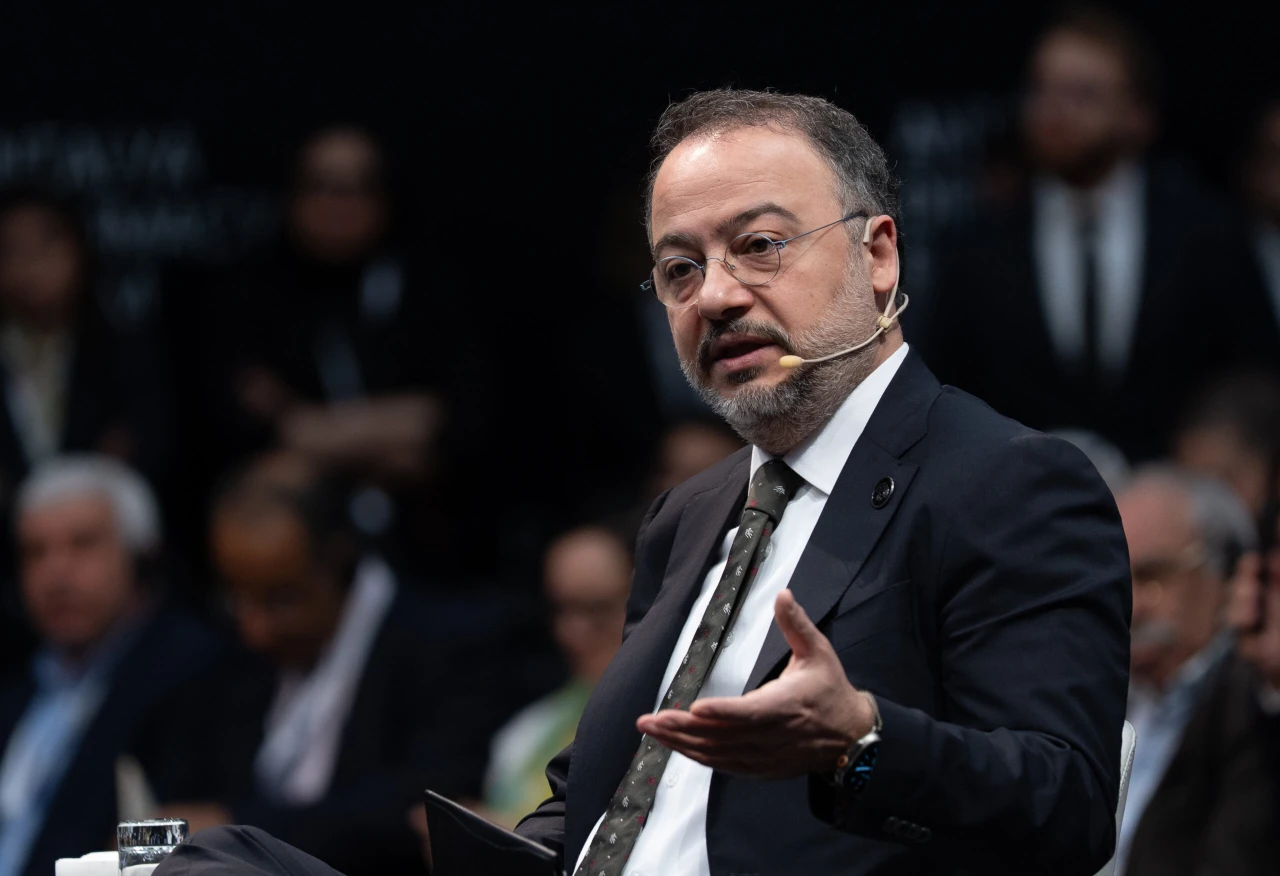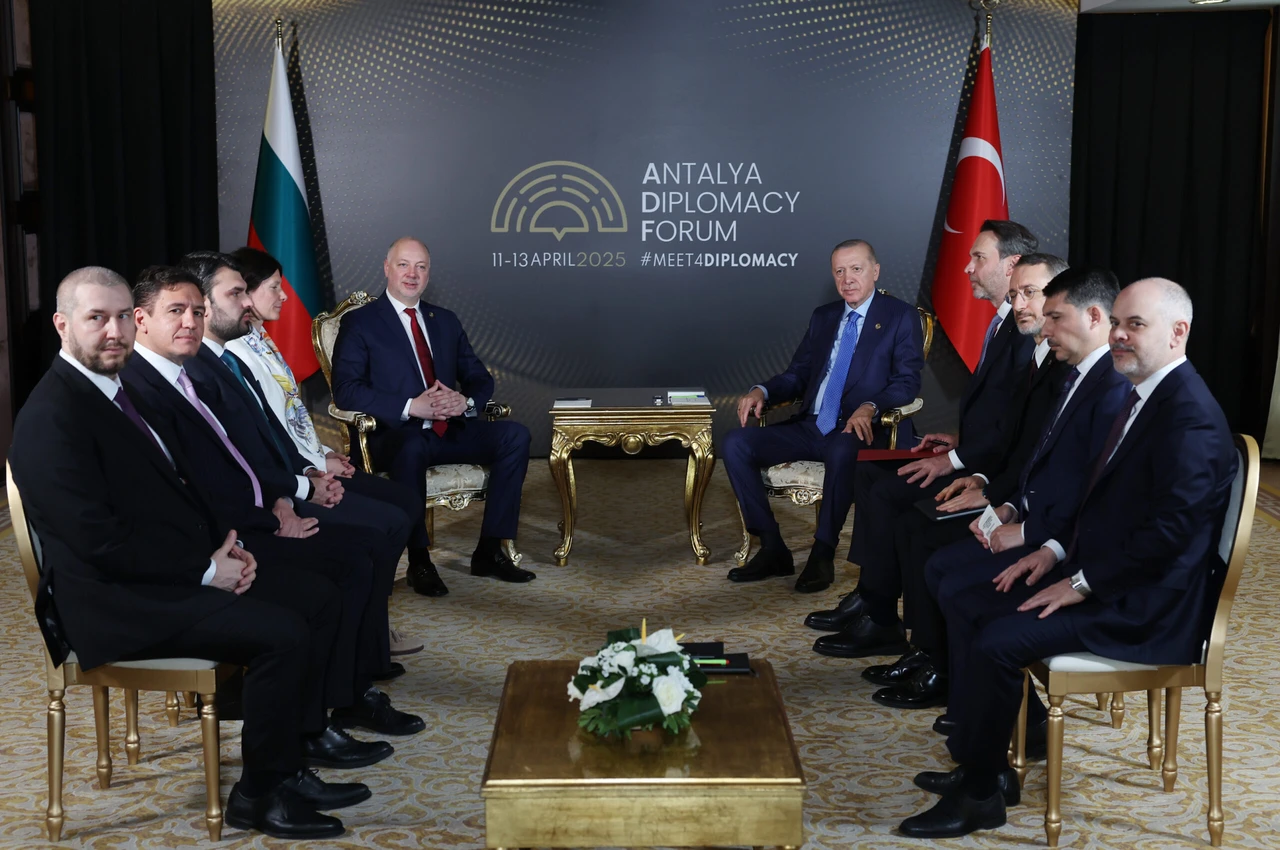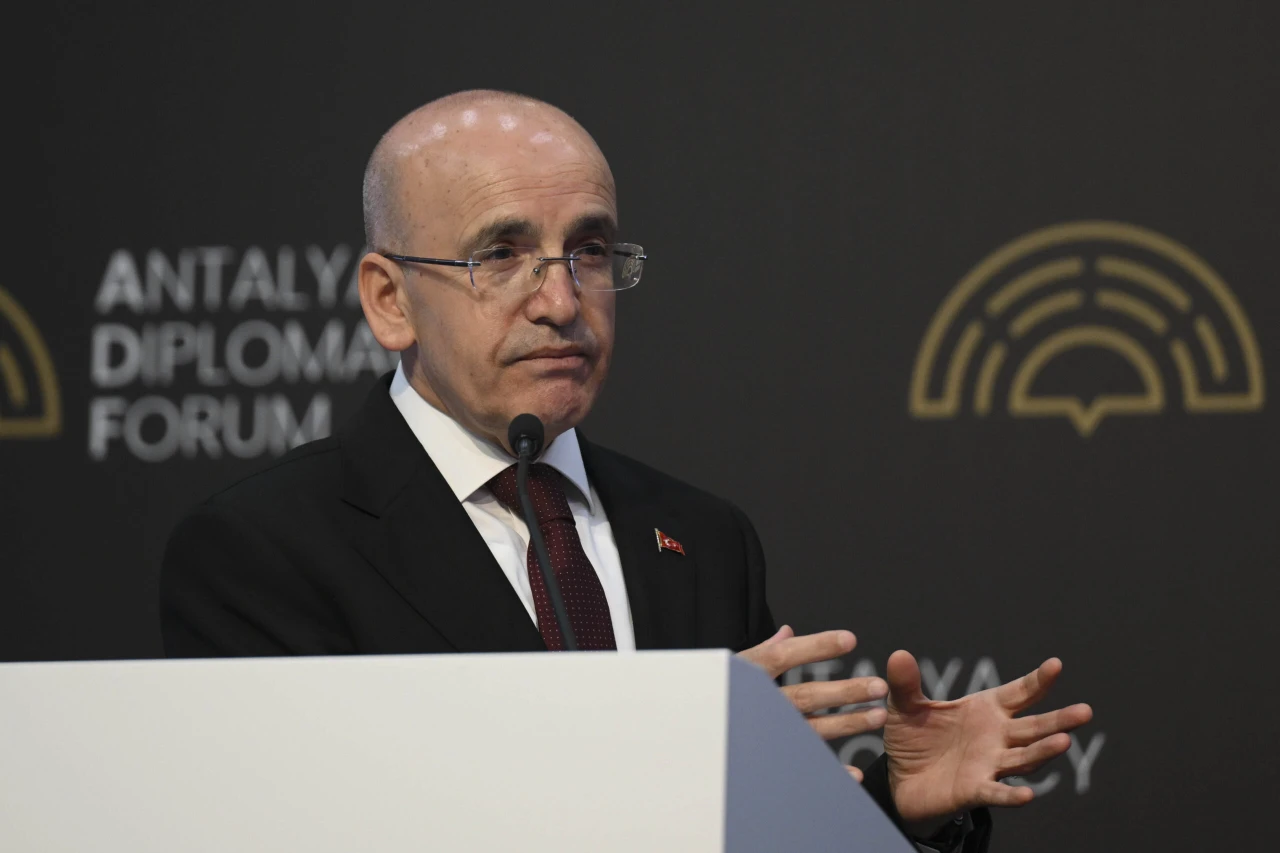CIA and US policies preventing peace in Syria, UN official claims at Antalya Forum
 Members of Syria's security forces gather in Sanamayn, in the southern province of Daraa, during a reported large scale military campaign on March 5, 2025. (AFP Photo)
Members of Syria's security forces gather in Sanamayn, in the southern province of Daraa, during a reported large scale military campaign on March 5, 2025. (AFP Photo)
U.N. official and prominent economist Jeffrey Sachs delivered a scathing critique of U.S. foreign policy in the Middle East on Saturday, blaming American intelligence operations for undermining peace efforts in Syria and supporting what he characterized as Israeli aggression in Gaza.
Speaking at the Antalya Diplomacy Forum during a panel titled “Syria: A Country Reconciling and Rebuilding,” Sachs, who serves as president of the U.N. Sustainable Development Solutions Network, said peace would remain elusive without diplomatic solutions and an end to CIA involvement in the region.
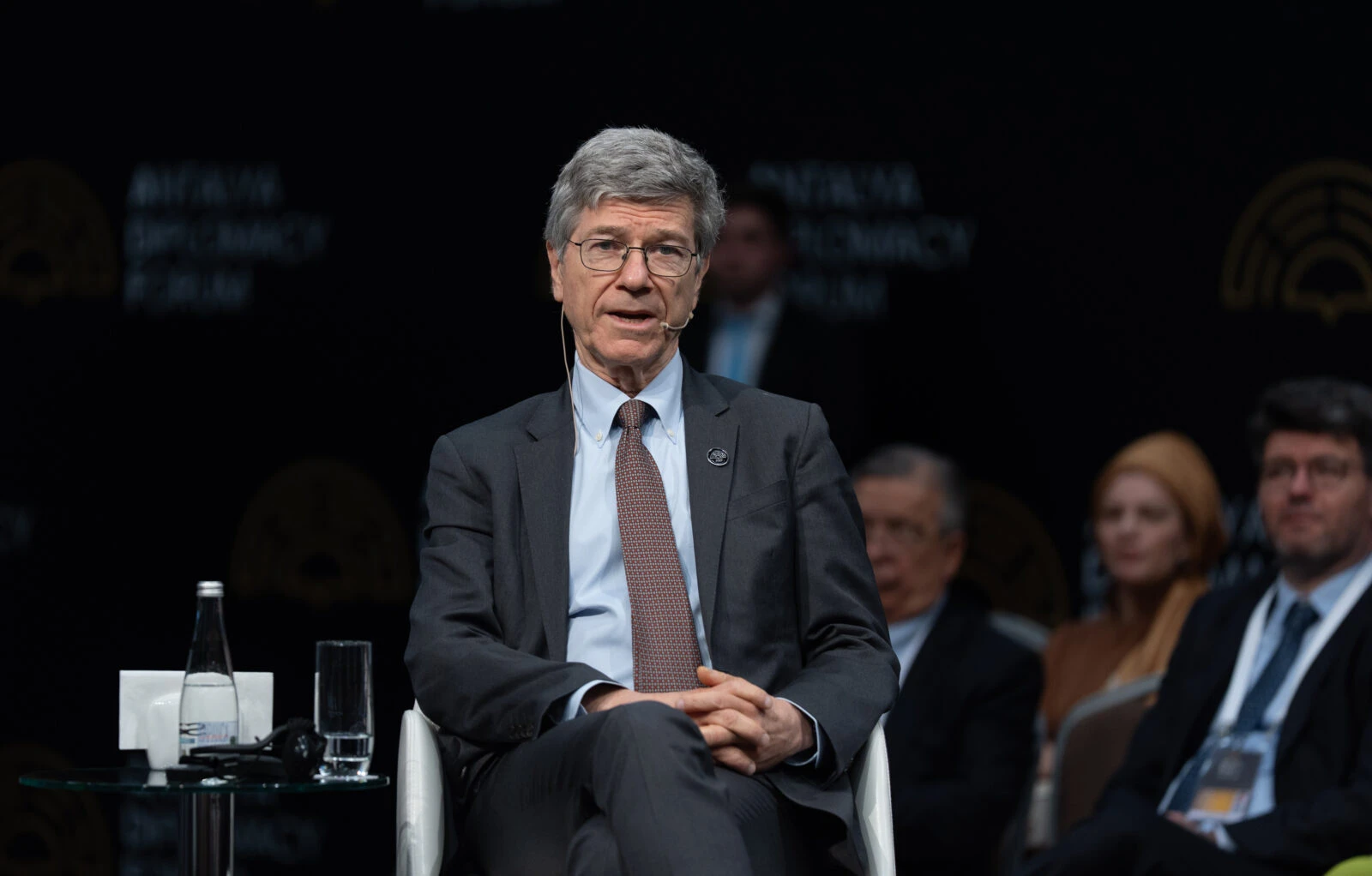
“The U.S. government and its ally Israel are responsible for many of the crises and wars in the region. These actions are deliberate. Unless foreign actors withdraw, peace will not be achieved,” Sachs stated during the panel.
His comments come against the backdrop of revelations about “Timber Sycamore,” a once-classified CIA program that armed and trained Syrian groups fighting to overthrow Bashar al-Assad.
The program, which began in 2012 or 2013 and was publicly revealed in 2016, represented what officials described as “the centerpiece of the U.S. strategy to press Syrian dictator Bashar al-Assad to step aside.”
Sachs claimed that U.S.-backed peace negotiations for Syria under United Nations oversight failed because of American rejection. He also asserted that “without U.S. political, military, and financial support, Israel could not wage war or commit genocide in Gaza.”
Former CIA operation against Assad: Operation Timber Sycamore
Timber Sycamore, jointly funded by the United States and Saudi Arabia with support from other regional governments and the United Kingdom, channeled weapons including Kalashnikov rifles, mortars, rocket-propelled grenades, and TOW anti-tank guided missiles to Syrian opposition forces.
The program operated from bases in Jordan, with the CIA assuming training operations, while Saudi Arabia primarily provided funding and weaponry. According to reports, the initiative trained and equipped thousands of fighters through a vetting process that attempted to direct support to moderate opposition groups.
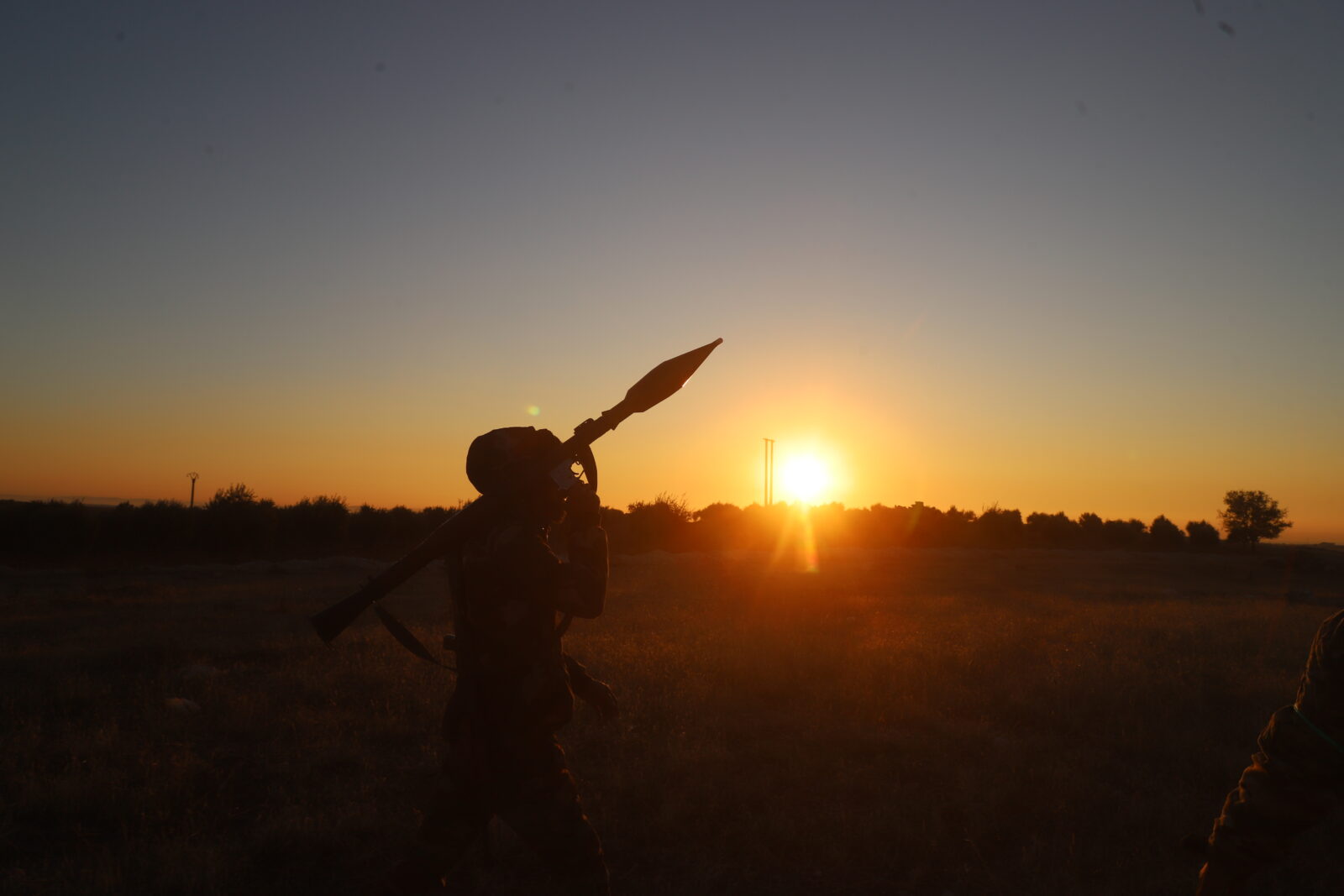
However, the program was plagued by significant problems. Investigations revealed that weapons shipped through the program were stolen by Jordanian intelligence officials and sold on the black market. Some of these weapons were later used in a 2015 attack that killed two American contractors at a police training station in Jordan.
U.S.-backed groups also frequently fought alongside al-Qaeda’s al-Nusra Front against government forces, raising serious questions about the program’s effectiveness and unintended consequences.
CIA Veteran: US partnered with PKK terror group in Syria
Further complicating the U.S. role in Syria, a veteran CIA officer had acknowledged that America knowingly partnered with the terror group PKK in its campaign against Daesh in northern Syria.
Marc Polymeropoulos, who served 26 years with the CIA before retiring in 2019 as a highly decorated operations officer, made the admission to Anadolu Agency in May 2020.
“The most interesting part of the U.S. relationship in the counter-Daesh campaign is that we partnered in essence with a terrorist group, the PKK,” Polymeropoulos stated in the interview.
The PKK has been designated a terrorist organization by NATO allies Türkiye and the U.S., as well as the European Union. For years, Türkiye has criticized the U.S. for working with the YPG, which it considers the Syrian branch of the PKK, arguing that using one terrorist group to fight another is counterproductive.
Polymeropoulos confirmed that the PKK, along with its Syrian branch, the YPG, attempted to rebrand itself as the SDF in northern Syria, a claim long made by Turkish officials.
PKK’s Syria branch rebranding to SDF
“It (PKK) has been kind of rebranded for a short-term solution. In essence, we partnered with PKK and drove the Turks bananas, as it should, because it’s an insurgency going on in Türkiye that killed scores of Turkish soldiers and civilians,” he said.
The former CIA official described the U.S. partnership with the PKK as a “short-term alliance” that paled in importance compared to America’s decades-long partnership with Türkiye in NATO.
Regarding the head of the terrorist group, often referred to as General Mazloum Abdi and praised in U.S. media, Polymeropoulos was blunt: “He was the head of the urban terrorist operations for the PKK. There is so much blood on his hands.”
His comments align with a 2017 statement by Army Gen. Raymond Thomas, then head of U.S. Special Forces, who admitted at a security gathering in Aspen, Colorado, that the “SDF” was merely a rebranding of the YPG/PKK.
“I was in the formative stage of the relationship with these guys,” Thomas said. “They formally called themselves the YPG.” Thomas asked the terrorist group, and a day after, “they (YPG/PKK) declared that they were the SDF.”
Operation Timber Sycamore’s end in first Trump term, path forward
In July 2017, the Trump administration decided to phase out the program, with some officials characterizing the decision as a “major concession” to Russia, while others suggested it was “a signal to Putin that the administration wants to improve ties to Russia.”
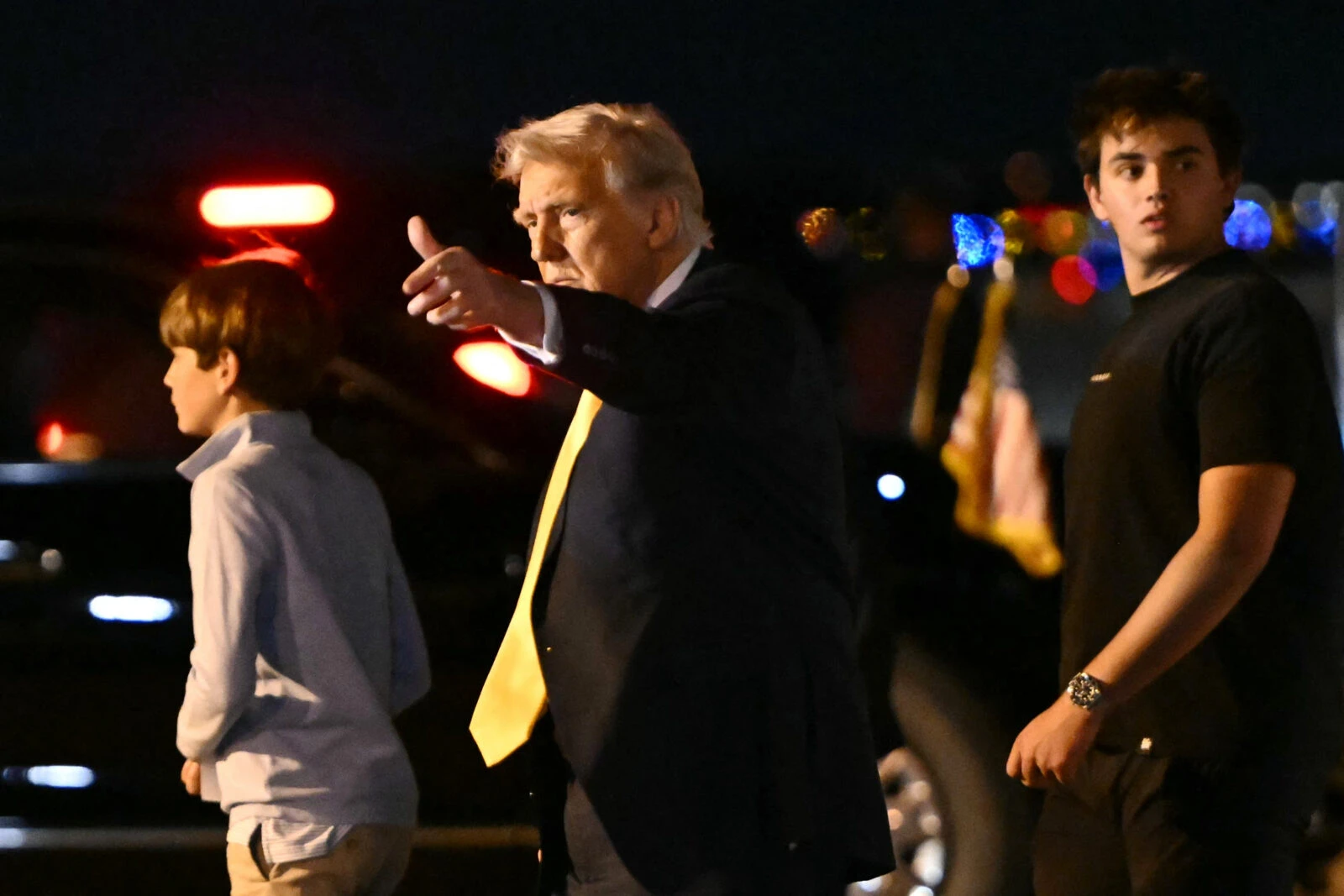
At the Antalya forum, Sachs concluded his remarks by suggesting a path forward: “If the U.S. recognizes Palestine as a state and stops supporting Israel, war in the region could end.”
Critics of American policy in Syria, including Sachs, argue that external support extended and exacerbated the civil war rather than bringing it to a timely conclusion. Political scientist Federico Manfredi Firmian has called Timber Sycamore “one of the United States’ most ill-conceived and deadly covert-action programs,” noting that it failed to unseat Assad while fueling the conflict and causing immense suffering.
Defenders of the program maintain it was necessary to counter the Assad dictatorship and its Russian and Iranian backers, while critics like Charles Lister of the Middle East Institute have argued the problem was not the program itself but rather insufficient commitment, saying the U.S. was “drip-feeding opposition groups just enough to survive but never enough to become dominant actors.”
Sachs’s comments at the Antalya forum highlight the ongoing debate about U.S. involvement in regional conflicts and its consequences for peace and stability in the Middle East.
